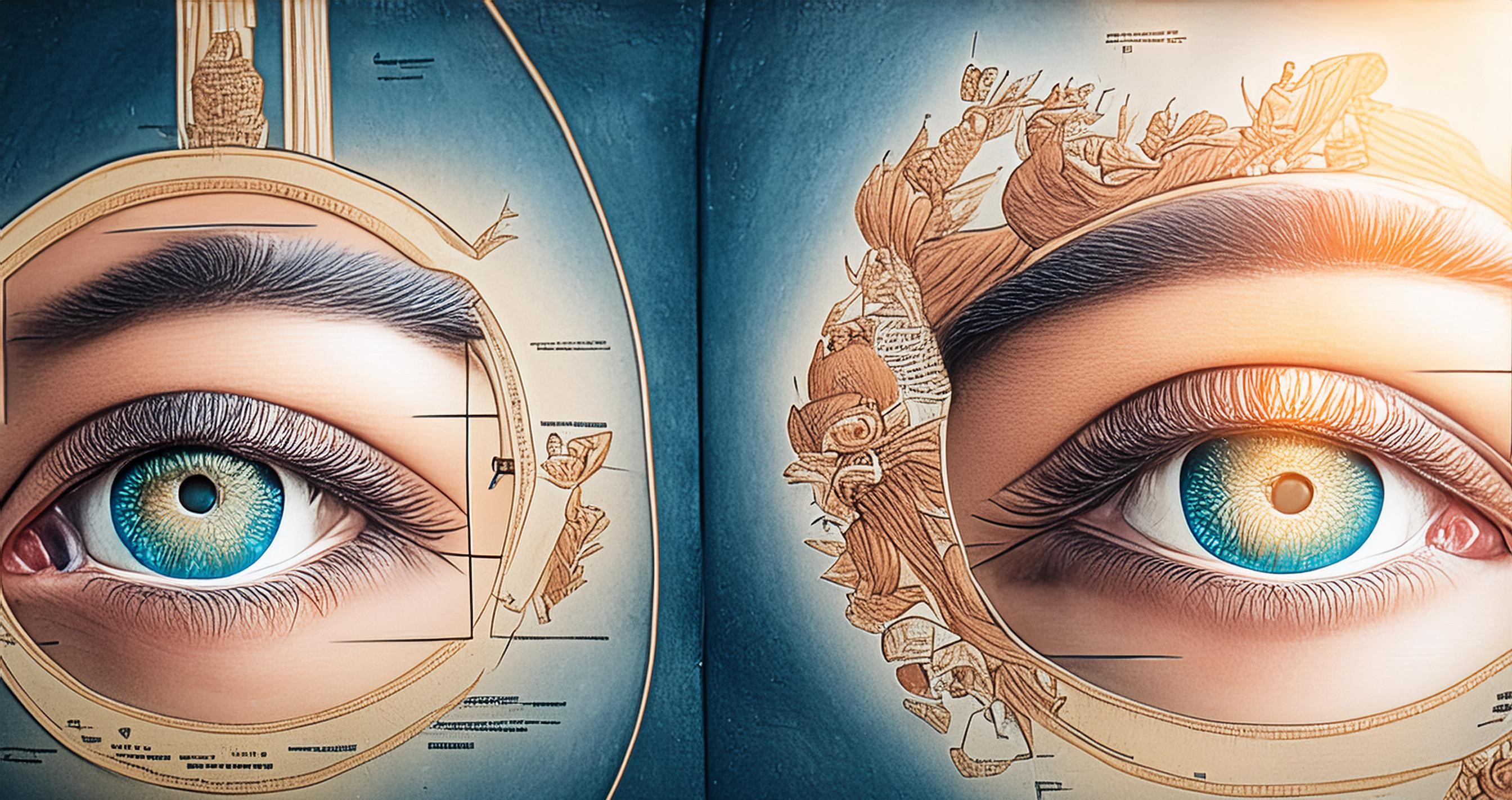Myopia, which is also called nearsightedness in a common language, is a common visionary problem affecting millions of people worldwide. This blog's objective is to provide an in-depth knowledge of myopia, from its causes, signs and symptoms, and the treatment procedure.
What is Myopia?
Myopia is a visionary problem characterized by difficulty in seeing distant items and seeing nearby objects. This happens when the eyeball is too lengthy or the cornea's curvature is simply too sharp, causing light rays to focus on the front of the retina rather than directly on it. As a result, distant objects appear blurry.
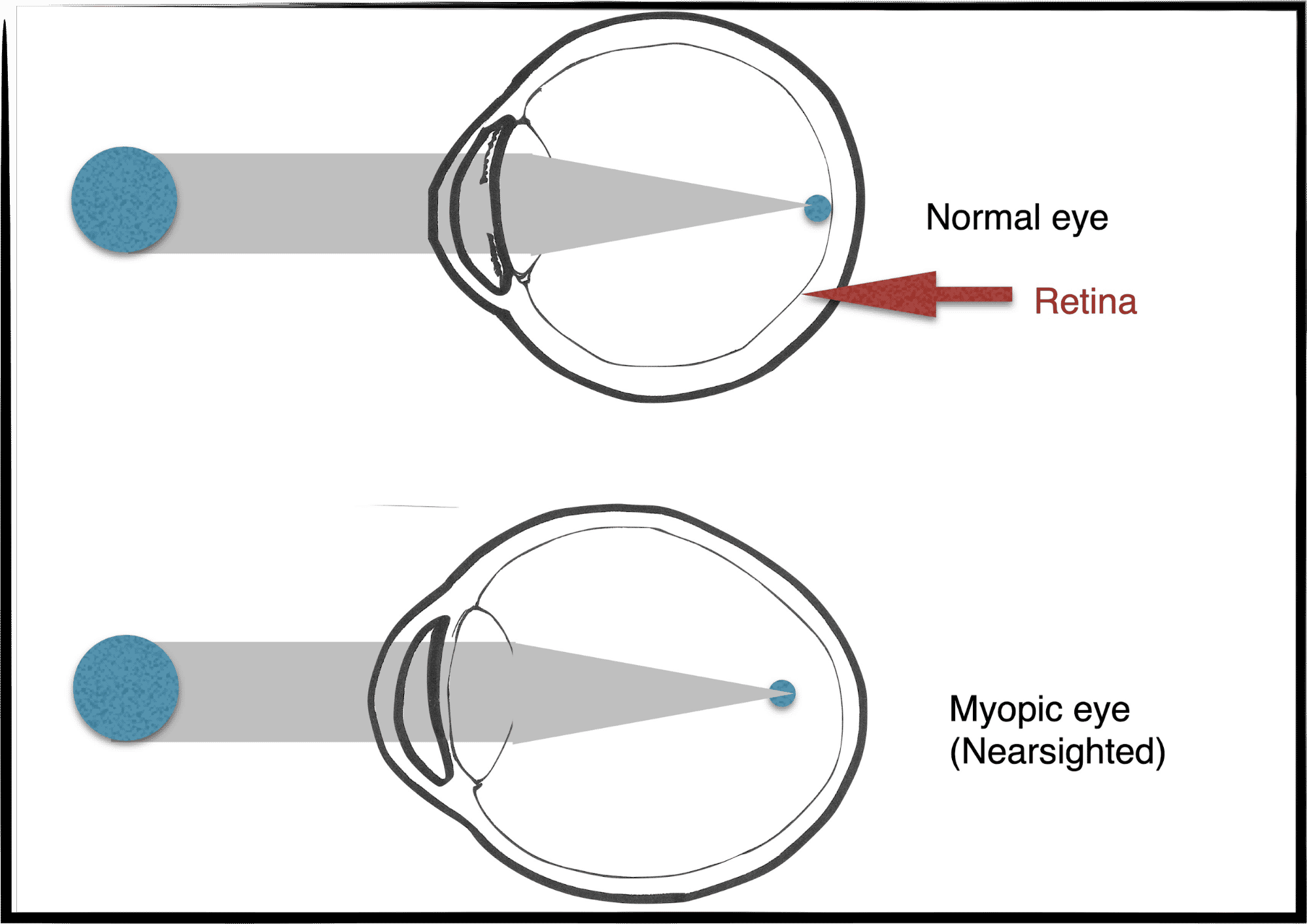
Causes of Myopia:
Several things contribute to the occurrence of myopia, such as family history, environmental factors, and lifestyle habits. Individuals with a family record of myopia have a higher chance of developing myopia. Environmental factors including prolonged screen time, and limited outdoor activities in childhood increase the risk of myopia occurrence.
Symptoms of Myopia:
The signs of myopia can vary from person to person depending on the severity the most common symptoms consist of:
1)Blurred vision when looking at distant items is the main symptom of myopia.

2)It is difficult to see while at night or while doing activities such as driving.
3)Eyes will appear to be squinting or straining while seeing distant objects.
4)Headache or fatigue problems are seen after concentrating on a particular object for a longer time.
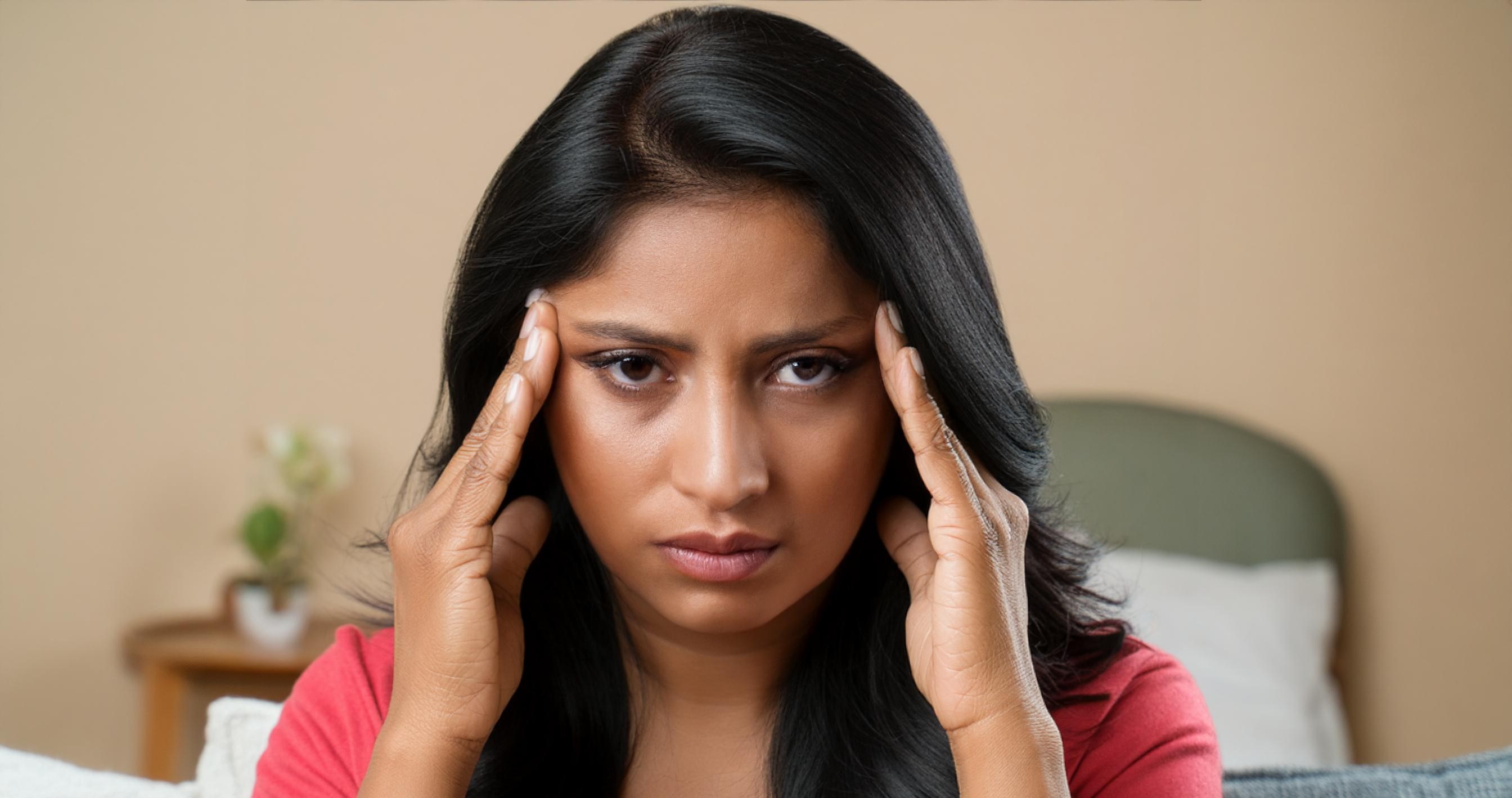
It is important to consult with your doctor because myopia when left untreated can lead to certain problems such as glaucoma and retinal detachment.
Diagnosis of Myopia:
Diagnosing myopia normally involves a complete eye examination performed by an optometrist or ophthalmologist. The diagnostic procedure basically includes:
1)Visionary check:
Visionary test is done to understand the severity of myopia and the evaluation of patient's vision quality
2)Refraction Test:
Refraction test is done to check the degree of refractive error in this test you will look into a phoropter while the doctor changes the lens to understand the level of refraction and vision problem you are experiencing.
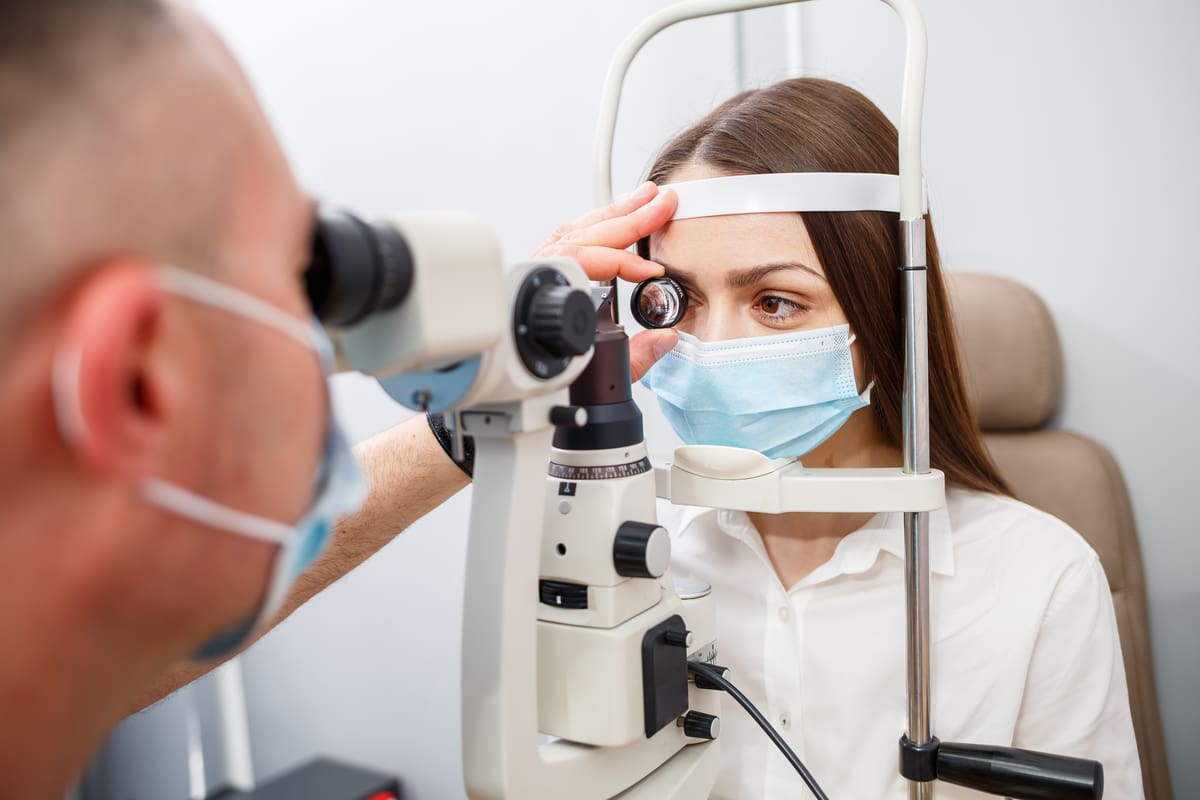
3)Retinal examination:
Examining the retina of the eye to understand the health of the retina and optic nerve.
Once you visit your Eye specialist he will a get clear opinion on your condition related to myopia, which helps to treat in a systematic procedure.
Treatment Options for Myopia:
There are multiple options to treat myopia and to get help with your vision.
Eyeglasses or Contact Lenses:
Eyeglasses or contact lenses work effectively by adjusting the phenomena of the light entering the eye which helps to observe clearly and better vision.
Refractive Surgery:
Techniques along with LASIK (Laser-Assisted In Situ Keratomileusis) and PRK (Photorefractive Keratectomy) repair the damaged cornea which reshapes the cornea and helps in refractive errors are found to be protected, including myopia. These surgical procedures improve the vision and eyesight of suitable people for a longer period.
Orthokeratology (Ortho-K):
Ortho-K contains a special fuel-permeable contact lens by caring overnight to reshape and resize the cornea temporarily. This is to get clear eyesight without any need for glasses or any kind of lens at the time.
Atropine Eye Drops:
The low-dosage atropine eyedrops are known to manage myopia in kids. Applying these drops in the nighttime can help the eye's focusing mechanism.
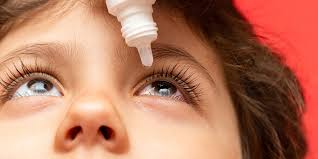
Habit changes:
Following a healthy lifestyle by reducing screen time, reading books, feeling fresh air by gardening, and having a healthy balanced diet can best help kids facing the problem of myopia.
Regular Eye checkups:
Regular eye checkups are important for early detection and management of myopia. Regular screenings help eye care specialists understand the problems in vision and follow the treatment procedure as prescribed.
This is all about myopia and the management procedures, you do not need to panic as there are best treatment processes available almost everywhere across the world. Having proper knowledge of its symptoms and treatment alternatives can best help in coming out of that situation. Do visit a doctor if you observe yourself with any symptoms of myopia to avoid further complications.
